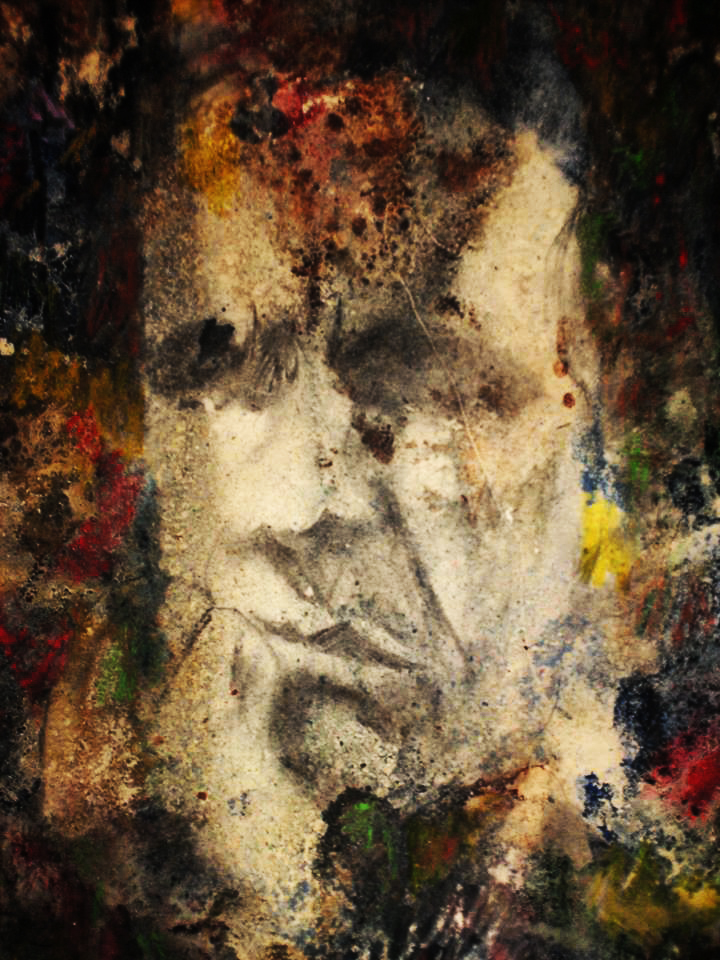Cesar
Vallejo’s Corpse
If I could
walk,
I would start
off slowly.
I would clean
this corpse of mine
and then walk
the streets of Paris.
Dying is
hard.
I want to see
my brother
and the
persons I love.
It is sad to
be a corpse
when there so
much love in life.
Death is a
sad affair.
I know dying.
I do not want
to predict
my death
again. It is hard.
This corpse
is frail.
I need to get
out of here.
I have always
been a fighter.
The battle
cannot be over.

Cesar Vallejo -- Ruben Magra
Although Peruvian writer César Vallejo only published 3 books of poetry in his lifetime he was widely regarded as 1 of the best poets of the century. When he was 28 he was arrested for his alleged role in looting and burning a house. The court indicted the victims but not the criminals and invented testimonies and attributed them to people who subsequently declared that they had never been to the place where the crime had been committed. A material witness was shot and killed en route. Vallejo was given a temporary release after spending 112 days in jail (during which time, writing anonymously, he won a poetry competition sponsored by the local government). Two years later, in 1923, under the threat of further incarceration, he fled to France. He was expelled for his political activity in 1930 and spent 2 years in Spain, where he joined the Communist party, and returned to Paris in 1932. He returned to Spain for another 2 years during the Spanish civil War and died in poverty in Paris in 1938.
ReplyDeleteAnd if after so many words,
the word doesn’t survive!
If after the wings of birds,
the standing bird doesn’t survive!
It would be better, honestly,
to consume everything and be done with it!
To have been born in order to live off our death!
To lift ourselves up by our own disasters
from the sky to the earth,
watching for the right moment to blot out
our darkness with our shadow!
It would be better, frankly,
to consume everything and to hell with it!
And if after so much history, we succumb
not to eternity
but to these simple things,
like sitting at home or settling in to think!
And if we then discovered
all of a sudden that we’re living—to judge
by the height of the stars—off a comb
and the stains on a handkerchief!
It would be better, honestly,
to consume everything, of course!
They’ll say that we have
in one eye a lot of grief
and in the other eye, too, a lot of grief
and in both, wherever they look, a lot of grief…
So… It’s clear! So… Not a word!
-- Dave Bonta tr. of "Y si después de tántas palabras"